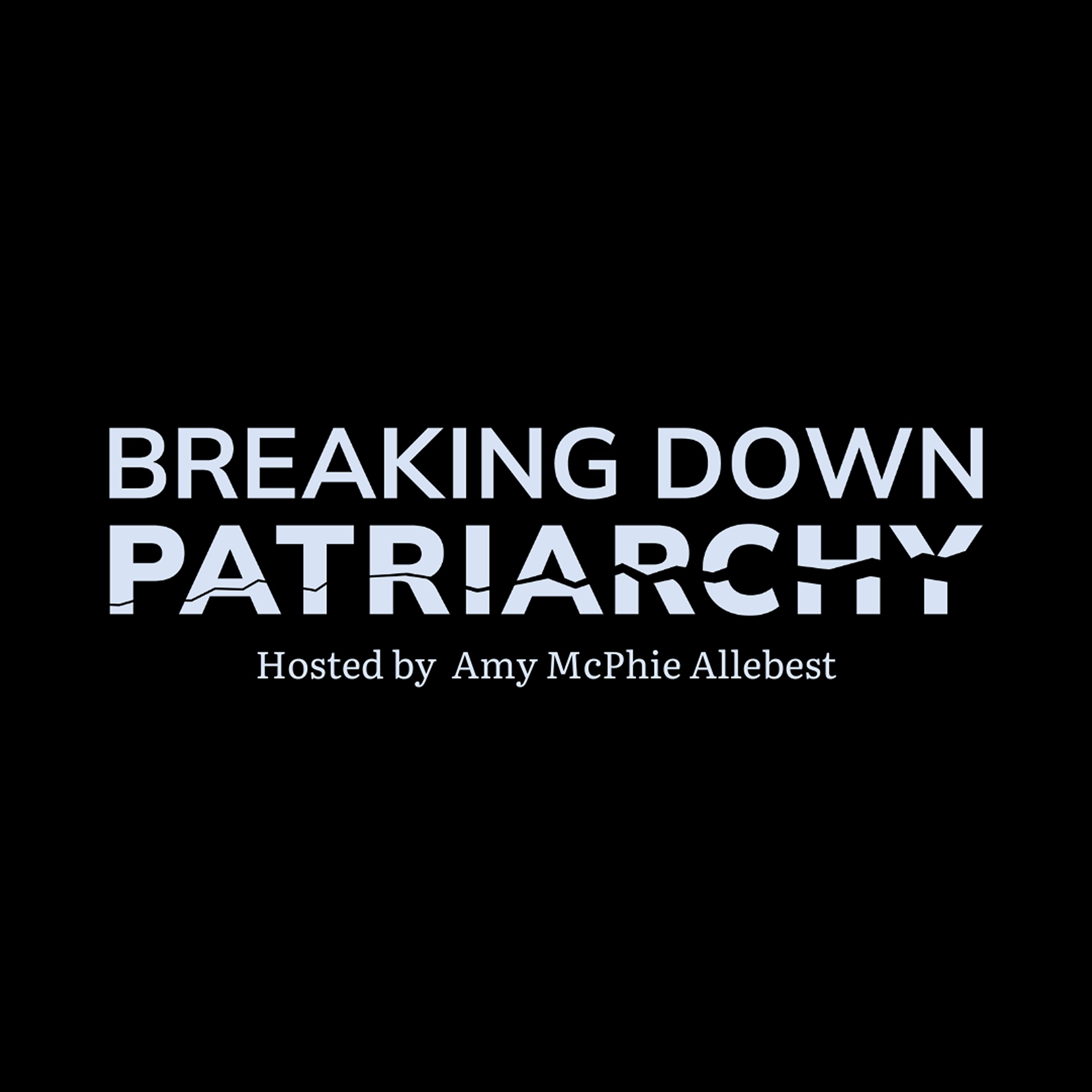Episode 10
On the Equality of the Sexes, by Judith Sargent Murray
Amy is joined by Jennie Austin Preece to discuss On the Equality of the Sexes by Judith Sargent Murray. Topics include the artfulness of clothing, bringing men into the emotional sphere, and reinterpreting the story of Eve.
Jennie Austin Preece was born and reared in the great potato-loving state of Idaho. She earned her bachelor’s degree in English/Humanities teaching at Brigham Young University. From there, she traveled down the roads of teaching mothering, writing, and eventually found herself in Cambridge, MA, where she earned her master’s degree at Harvard’s Graduate School of Education. After migrating back west to Denver with her family, Jennie founded LemonED LLC, an education consulting business. When she isn’t creating curriculum or perfecting prose, you can find her dabbling in poetry, hiking with her kids and husband, traveling (when possible), or eating anything with peanut butter and chocolate.


